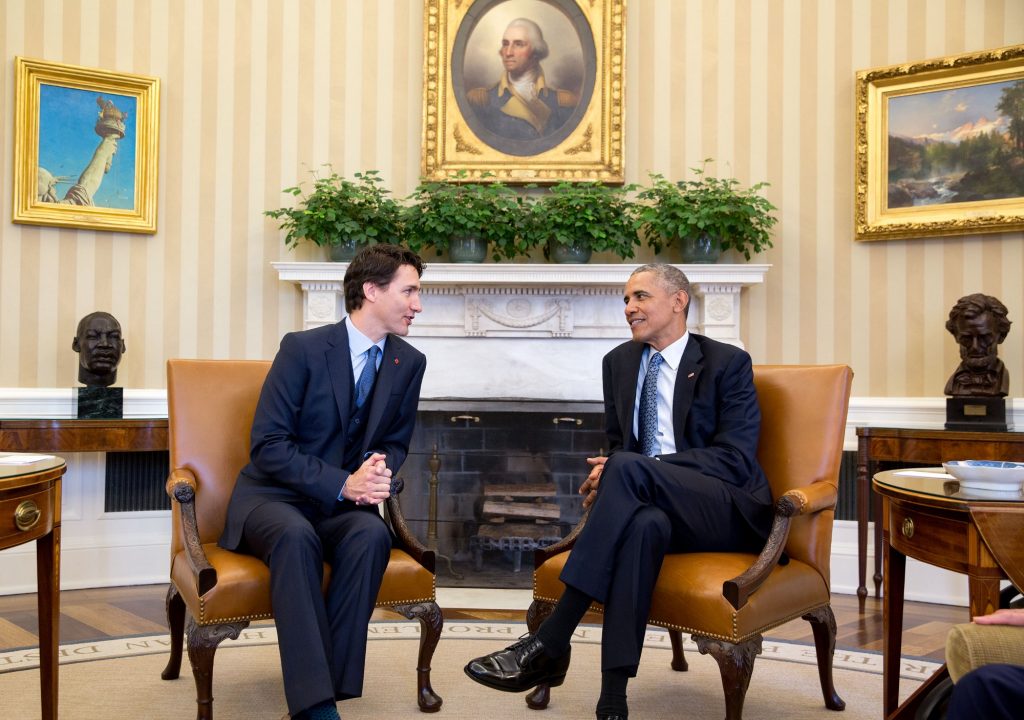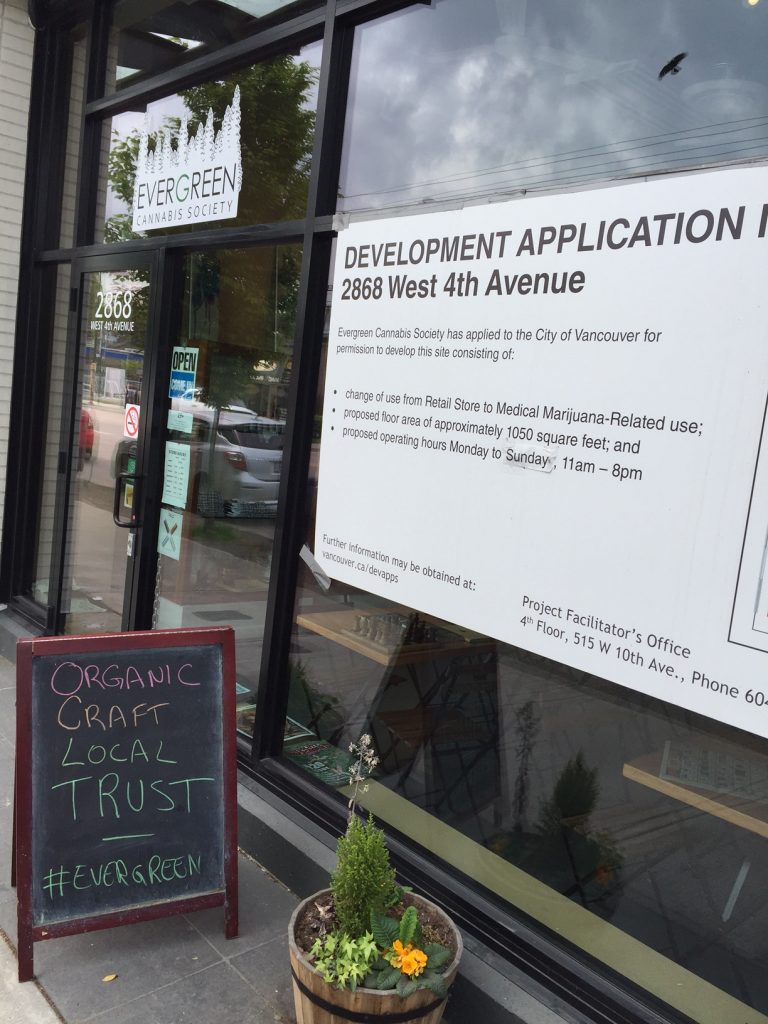After legalisation plans were presented to Parliament, the last month has seen a surge of activity in the wider cannabis sector as investors, producers, consultants and campaigners rush to organise themselves and prepare for the new consumer market expected to come online later next year.
In every province the issue has been in the news, and the financial pages report daily on the latest manoeuvres of those seeking to profit from the nascent industry. The Cannabis Canada Forum in Ottawa gathered licensed producers to discuss the emerging market and the conference and expo organised by LIFT in Toronto attracted 15,000 delegates. The Toronto event catered to a growing contingent of corporate and industry interests in addition to the usual pot policy advocates.
https://twitter.com/liftnewshq/status/867815377421475840
A much-quoted Deloitte report projected that the market, including the wider services linked to cannabis production and sale, could be worth $22BN in 10 years. Unsurprisingly, the green rush is already underway with serious money supporting big capital investments in new facilities and in plans for production and distribution networks. The scale of this has not been documented yet but the media coverage implies the build-out of this industry is gathering pace, as does the emergence of mainstream players who just a few years ago would not have touched this sector.
One such example is the law firm Blakes, which held an industry event in Toronto on 2 May, in a clear sign that even mainstream corporate players are adjusting quickly to the imminent legalisation and seeking to carve out an advisory role for their clients. Expect the major accountancy and public affairs firms to be doing likewise. In a recent webinar, partners and advisors with Blakes explained how hedge funds and new ETFs are forming to capitalise on the investment opportunity, with demand emerging for major debt financing for financial institutions in the cannabis sector. Chuck Rifici discussed the gaps in the market for investors that his new venture, Cannabis Wheaton, is designed to plug, undertaking a major investment earlier round this month. Other folk are also seeing the opportunity – with everyone from politicians to former police chiefs moving into consultancy to advise on cannabis legalisation. The common assumption is that the industry will grow quickly, with municipalities and the private sector needing support to navigate it.
Cannabis Wheaton Bolsters Team, Engages Investor Relations Firm https://t.co/2G5nkIEjvq
— Auxly Cannabis Group (@AuxlyGroup) May 26, 2017
As the government gears up for legalisation, the Health Ministry announced a new streamlined process for applicants to become licensed producers for the existing medicinal cannabis scheme (ACMPR), clearly aiming to ease the burden so as to build production capacity before the recreational market comes online. There are currently 130,000 medicinal users in Canada buying from 45 federally licensed producers – and just 3% of applicants get licensed status – so the scope and need for expansion is obvious. Widespread scepticism remains however that there will be anything like enough supply to meet that demand in the first few years, even if many more producers are licensed in the next 18 months.
Despite the buzz around prospects of big returns, there is a long way to go until investors can be assured of a return, especially as licensing is strictly controlled and the market will be highly competitive, struggling to cater for the expected demand initially. We know that the Canadian regime is going to be dependent on tight, top-down regulation around production, and those hungry, impatient investors are being reminded by experienced consultants that the government is not going to be endorsing a free-for-all. The application process for ACMPR is still strict and there are no short-cuts. Even under the recreational market, the Bill allows Ministers to turn down production licences for a host of reasons, including security clearance, or owners and investors needing a clear criminal history. They can also decline if Ministers deem an application not to be in the public interest.
This approach contrasts with the ongoing march of legalisation in the United States. In California under their medicinal cannabis regime there is a 3-tier distribution system – like alcohol – but the forthcoming adult-use recreational market, endorsed by voters in a plebiscite last year, doesn’t require this, so is likely to be much more aggressive and commercialised than the Canadian model, attracting a lot of investment into a more lightly regulated jurisdiction with few limits on advertising and even more potential consumers.
Earlier in May, the Trudeau government passed into law changes designed to reduce harms associated with other illegal drugs. Amendments to the over-arching drugs act in Bill C-37 will make it easier for cities to establish ‘supervised consumption sites’, as Montreal is now doing, and are aimed at reducing overdoses and drug-induced deaths. This legislative drive came as the RCMP agreed to work with Chinese authorities to reduce the flow of fentanyl and other smuggled narcotics into Canada. The anticipated public health benefits of cannabis legalisation include a reduction in illicit drug use overall, and potentially a shift in consumer habits away from alcohol, though the scale of that shift is hard to gauge.
At the federal level, the political environment edged closer to a cannabis consensus with a narrow victory for Andrew Scheer in the long-running race to become the new Tory leader. As a social conservative but of a younger generation than Harper and clearly a pragmatist, Scheer has argued that legalization is probably irreversible, saying the party had to be “realistic” about reversing the Trudeau reforms once recreational cannabis was already legal.
That signal from the new leadership did not restrain Tory MPs, many of whom voiced criticism of the Government’s legalisation plans for a whole host of reasons – some widely ridiculed.
And as Parliament started considering the legalisation plans in Bill C-45, Ministers have led debate in the house and answered questions in committee. Some expect the parallel changes around impaired driving, contained in Bill C-46, to be less contentious and to become law more quickly. As second reading concludes and the bill moves into committee, next month’s dispatch will explore the current state of the legislation and likely amendments.
How the Bill fares in the Senate remains to be seen. John Ivison in the National Post speculated that the Trudeau government’s desire to reappoint committee chairs to gain more control of the upper house might lead to a prorogation of Parliament, with the cannabis bill needing to be reintroduced. However, if the Government sticks to the current timetable, then many expect that the legislative action will shift to the provinces come the autumn.
John Ivison: Trudeau's Senate is a Frankenstein's monster, and it's out for revenge on its creator https://t.co/SEi8DsV0nM pic.twitter.com/cjx42Mzlqz
— National Post (@nationalpost) May 17, 2017
Again, it is local politics in the next few months that will start to determine how legalisation takes effect on the ground. Leaders in the provincial election in Nova Scotia on 30 May took different positions on how to legalise, with the NDP favouring a public distribution model and the Liberals supporting a uniform approach consistent with other maritime provinces.
In the most pro-legalization province (according to Angus Reid), British Columbia finally got an outcome to their recent provincial election with news that the Liberal Government would be replaced by a minority NDP government in a confidence-and-supply arrangement with the Green Party. This will have implications for how cannabis policy develops in BC, with the new incoming Premier John Horgan on record favouring a ‘hybrid’ model of distribution, which could be good news for the existing dispensaries in places like Vancouver.
The NDP alliance with the Greens is likely to lead to a more permissive regime when the legislature comes to regulate where and how cannabis is bought and sold. The strength and influence of the Greens might also be more good news for dynamic BC-based producers like Tantalus Labs – pioneers of an environmentally conscious sun-grown pot facility – who ended the month as the 45th federally licensed producer of medicinal cannabis under the ACMPR process. The founder of Tantalus, Dan Sutton, was interviewed about their operation and the emerging market opportunity in BC, emphasising just how much production is going to be needed to meet legitimate demand.
https://twitter.com/liftnewshq/status/869667451482632193
A recent poll found Canadians divided over the likely impact of legalisation and taking different views on how cannabis should be sold. One of the more interesting models, outlined by a new report from a Quebec think tank, argued for a non-profit model on the grounds that cannabis consumption will inevitably increase in a commercial market geared for growth and profit. Even if a non-profit model was economically (or even politically) viable, it seems unlikely that any province – even Quebec – would forgo the tax revenue associated with a fully-functioning for-profit market. Meanwhile provinces have been gearing up for their role in implementing legalisation, with New Brunswick standing out as one of the more enthusiastic governments, despite the costs that all with have to incur.
The treatment of Canadians who already carry convictions for past cannabis use continues to gain attention. A new poll found a clear majority (62%) support a pardon for all those convicted of cannabis possession. Meanwhile, a leading candidate in the race to be leader of the federal opposition NDP called for cannabis to be decriminalised in the run-up to legalisation in 2018 to avoid more people being convicted. New figures showed that enforcement might be easing, with convictions for possession down significantly since the last year of the Harper Government. Continued enforcement of the current law is still the Trudeau government’s official policy, but it will vary by area and as provinces bring forward their own plans to implement legalisation, the impetus to pursue individual users will likely weaken. Even if an amnesty or pardon regime is adopted eventually, it might be impractical to undertake given the gaps in criminal justice data collected on individuals with convictions.
If and when it passes, Bill C-45 will put Canada – along with California – at the forefront of the global culture shift towards legalisation and as a major G7 economy seeking a more active role in international affairs, Canada’s obligations – including to UN drug treaties – will be questioned. A report by the Toronto-based International Centre for Science in Drug Policy set out how international legal commitments could be honoured by states that take forward legalisation plans.
LIFT’s David Brown, based in BC, is now excited by what Canada can create for the world by becoming the leader in a responsible, regulated model for recreational cannabis. For him, the challenge is to “convince the world that this works”, and to answer some of the legitimate public health concerns that robust regulation needs to address. The goal for the government and the industry is the same – developing and ultimately propagating the best global manufacturing standard for cannabis, and therefore securing Canada’s reputation for safe, quality production in the international market. The opportunity for Canada as an exporter is also being openly discussed now, with Germany seen as a key market now the Federal Government there has licensed a new medicinal cannabis regime.
And finally, we still await details on the federal government’s pricing and taxation plans. Getting this right will be crucial to ensuring legal product is introduced into the market efficiently, balanced against the constraints around supply at the outset. This tension between the need to achieve the policy aim of killing off the black market and the government’s public health agenda will run through this whole process. The prominent investor Lorne Gertner was interviewed recently and made the case for the brand potential of cannabis one day becoming a legitimate lifestyle product, similar to the consumer evolution of coffee. This is something many in the nascent industry are banking on, even if the stoner stigma takes time to dissipate. The expectation among insiders is that a popular cannabis lifestyle market might be achieved in as little as a decade and bring with it many more middle-class consumers of all ages, but getting there without seeing the continuation of a large illicit market or a big rise in youth consumption remains the biggest policy challenge.
Blair Gibbs is a former UK government official who served as an advisor to the former Mayor of London Boris Johnson and the Justice Secretary Michael Gove. He is advising Volteface on criminal justice policy and developments in Canada.



